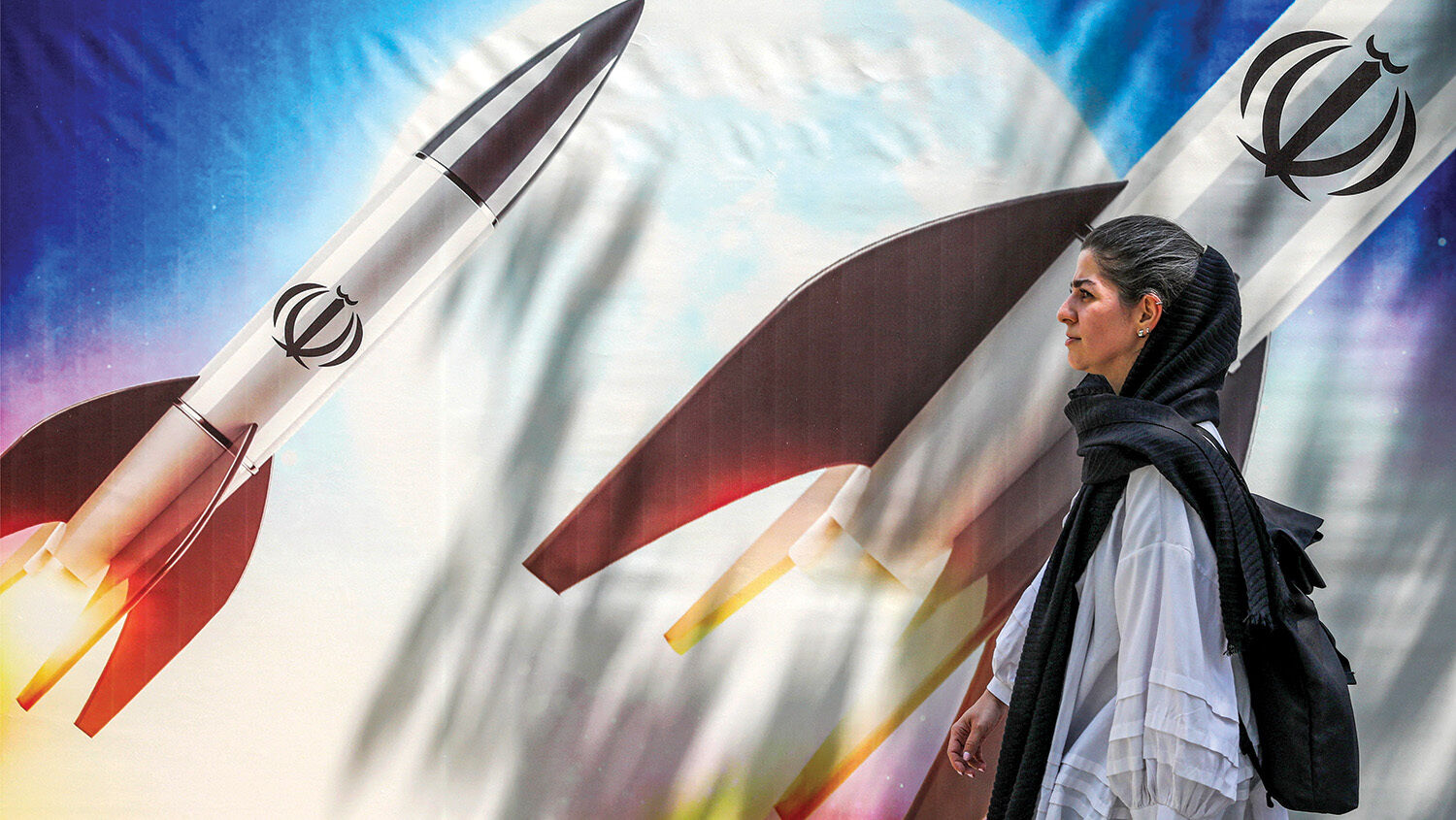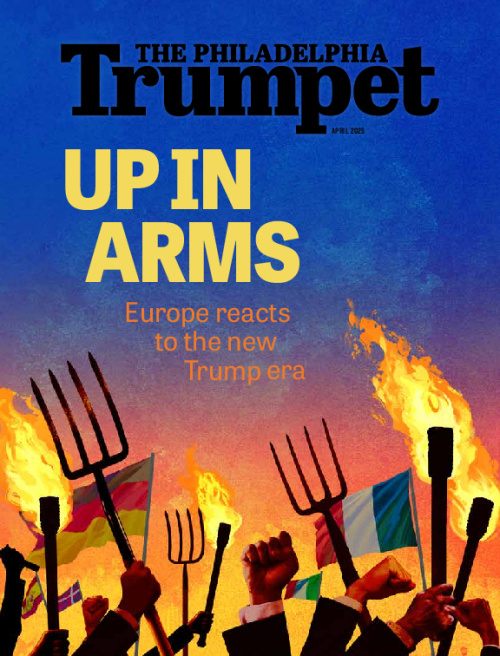Does Trump Want an Iran Nuke Deal?

Does Trump Want an Iran Nuke Deal?
Donald Trump called it “one of the worst and most one-sided transactions the United States has ever entered into.” Benjamin Netanyahu said it was “a bad deal that will … inevitably lead to war.” Gerald Flurry called it “the worst foreign-policy blunder in American history.”
These all referred to President Barack Obama’s nuclear deal with Iran, the 2016 Joint Comprehensive Plan of Action. The deal unfroze billions of dollars in sanctions in exchange for Iran curbing its nuclear program. Iran did scale back its progress in nuclear enrichment. But it also maintained nuclear sites that it blocked inspectors from entering and continued work on its ballistic missile program—and it could pursue weapons again after waiting only nine years for the deal to expire. The deal also did nothing to prevent Iran’s unfrozen billions from going to its terrorist proxies, such as Hamas and Hezbollah.
Americans never asked for such an inexplicable, treacherous deal with an enemy that has vowed to destroy it and its ally Israel, but President Obama ramrodded it through. President Trump reversed the insanity and withdrew the United States from the agreement in 2017.
Yet in the early days of his second term, Trump announced on Truth Social his plan to make a deal with Iran: “I want Iran to be a great and successful country, but one that cannot have a nuclear weapon. Reports that the United States, working in conjunction with Israel, is going to ‘blow Iran into smithereens,’ are greatly exaggerated. I would much prefer a verified nuclear peace agreement, which will let Iran peacefully grow and prosper. We should start working on it immediately, and have a big Middle East celebration when it is signed and completed. God bless the Middle East!” (February 5).
The president reiterated his desire for an agreement with Iran in a Fox News interview that aired February 9. “You can’t allow them to have a nuclear weapon,” he said. “But there are two ways of stopping them: with bombs or with a written piece of paper, and I’d much rather do a deal … that’s not going to hurt them. And I think they want it, too.”
How far will the Trump administration go in pursuing a “verified nuclear peace agreement”? Opting to end Iran’s nuclear program with a “piece of paper” ignores the reality of Iran’s fixed goals.
Iran’s supreme leader, Ayatollah Ali Khamenei, does not care if his people starve under foreign sanctions. For him and his regime, arming the world’s most powerful Islamist state with the world’s most powerful weapon is more than an ambition; it’s a religious obligation. The regime’s worldview is predicated on perpetual war with America and the West, as stated starkly by the regime’s founding father, Ayatollah Ruhollah Khomeini: “We do not worship Iran, we worship Allah. For patriotism is another name for paganism. I say let this land [Iran] burn. I say let this land go up in smoke, provided Islam emerges triumphant in the rest of the world.”
The only motivation the Iranians have to sign a paper limiting their nuclear program is if it enables them to continue their perpetual war more successfully than an open dash toward reaching their nuclear ambitions. That is why Khamenei signed the Obama deal.
President Trump pulled America out of the 2016 deal because he could see its flaws. But it appears he does not realize how committed Iran is to its course and how it would take advantage of any agreement signed with the West.
The Trumpet analyzes events in Iran through the lens of a prophecy in Daniel 11. It reveals that a “king of the south” (radical Islam, led by Iran) and a “king of the north” (Catholic Europe, led by Germany) will clash in a war that will explode into World War iii.
Iran is “the king of the south”; it is the Middle East’s unrivaled hegemon. Verses 41-43 reveal that this king of the south will command a much larger empire in the Middle East than it currently controls. Today, Iran leads radical Islam, sponsoring terrorism through Hezbollah, the Houthis, Iraq’s Shiite militias and its own military and paramilitary forces. Yet some of its main proxies, such as Hezbollah in Lebanon and Bashar Assad in Syria, have largely slipped away. Iran is not yet as powerful as Daniel 11 describes.
The first Trump administration marginalized Iran on the world scene. But now it appears Trump wants to boost Iran’s power—if he could get a deal, like Obama before him, that superficially makes Iran look like a “normal” country.
When the Trump administration pressured Israel to accept a ceasefire deal with Hamas in January, Trumpet editor in chief Gerald Flurry wrote: “[W]e cannot ignore reality. We must recognize this deal for what it is: a disturbing sign of America’s lost power in the Middle East, a red flag about the president’s approach to international affairs, a warning about the reliability of America’s alliance with Israel, and a terrible harbinger of far worse curses to come on both nations!” (Trumpet, March 2025).
The same can be said of pursuing another nuclear agreement with Iran. Time will tell what course President Trump takes. But one thing is certain: the Bible prophesies that Iran’s rise will be catastrophic for world peace. Any help the Trump administration gives Iran is at America’s and the world’s peril.
